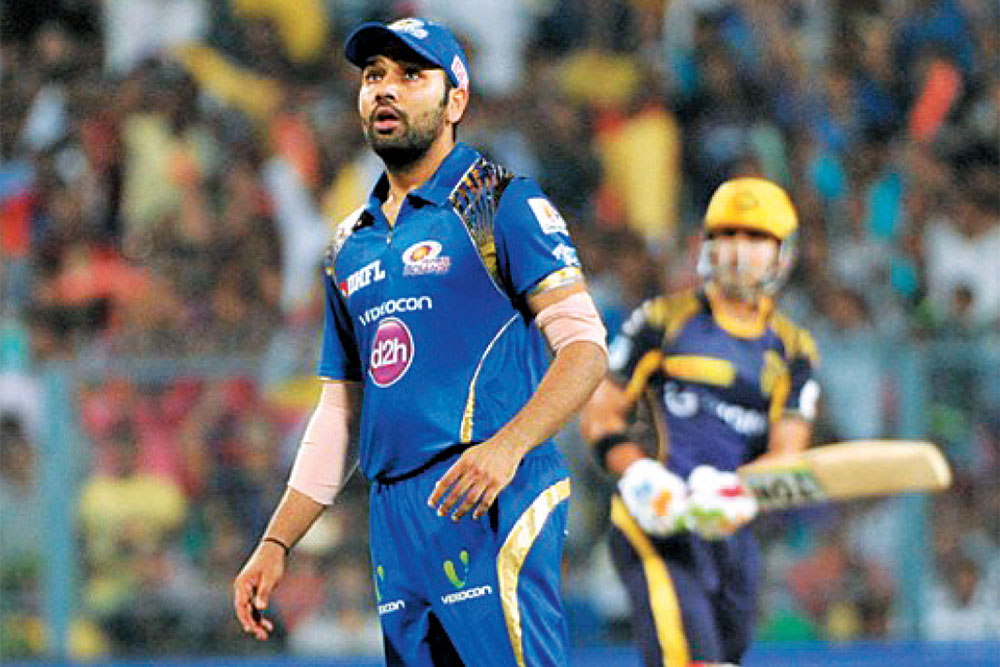A cricket match being washed out by rain is not unusual. But water scarcity resulting in no cricket is a first. The 2016 edition of the Indian Premier League (IPL) is the middle of this exact situation, with no matches to be played in Maharashtra after April 30. The state is in the midst of a drought and the Bombay High Court has mandated that matches be moved out of the state.
Maharashtra was scheduled to host 19 matches across three venues – Mumbai, Pune and Nagpur. The court verdict means 13 matches will need to be played elsewhere in India. This decision has seriously affected the fortunes of two team owners - Mumbai Indians, the defending champion and Rising Pune Supergiants, a new entrant.
The former, owned by Reliance Industries, was banking on the significant ticketing revenues to be earned from matches at Mumbai's Wankhede stadium. This is critical given that tickets at this venue for prime seats like corporate boxes bring in three times more money than other stadiums in India. It is estimated that, on an average, Wankhede clocks ₹8 crore of ticketing revenue compared to ₹1 crore that smaller centres like Jaipur and Mohali make. It is a lot more for the final and Mumbai Indians, by virtue of having won the last edition, was entitled to half the ticketing revenue for the all-important final, with the rest going to the BCCI.
It will be equally bad for the Pune team, owned by New Rising, a Sanjiv Goenka-entity. A first time entrant in the controversial IPL, which has already seen the suspension of Chennai Super Kings and Rajasthan Royals, it will play its matches in Visakhapatnam now. For Mumbai Indians, Jaipur will be its new home. While the loss on account of ticketing revenue is not small change (Pune itself brings in at least ₹4.5 crore on an average), there will be very little money made through sale of merchandise or in-stadia advertising.
Both Mumbai Indians and Rising Pune Supergiants will find it impossible to command a premium for advertising or merchandise at either Visakhapatnam or Jaipur, both not known to be big on cricket. Things also get complicated since both these centres are not “home venues” for either of these teams. While there is ticketing revenue to be made, it will be nowhere close to what the original venues would have generated. The silver lining is the revenues through sponsorship and television broadcast that every team gets as a part of the overall kitty will remain unaffected.
Mahesh Gupta, chairman, Kent RO, the principal sponsor of the Rising Pune Supergiants, admits that the shift is a bit of a setback. “We should still not suffer on visibility since the matches will still be watched. It is the team owners, though, who will be affected a lot more,” he says. In that sense, they will have to make the most of the new venues. Kunal Jamuar, managing partner (west & south), Havas Media Group, thinks that a centre like Visakhapatnam could see a spurt in spectator interest in the short-term. “Still, it will be a Pune team playing in another venue. It is likely to be forced and contrived,” he says. Till the rain gods think otherwise, this story will continue to look shaky.











